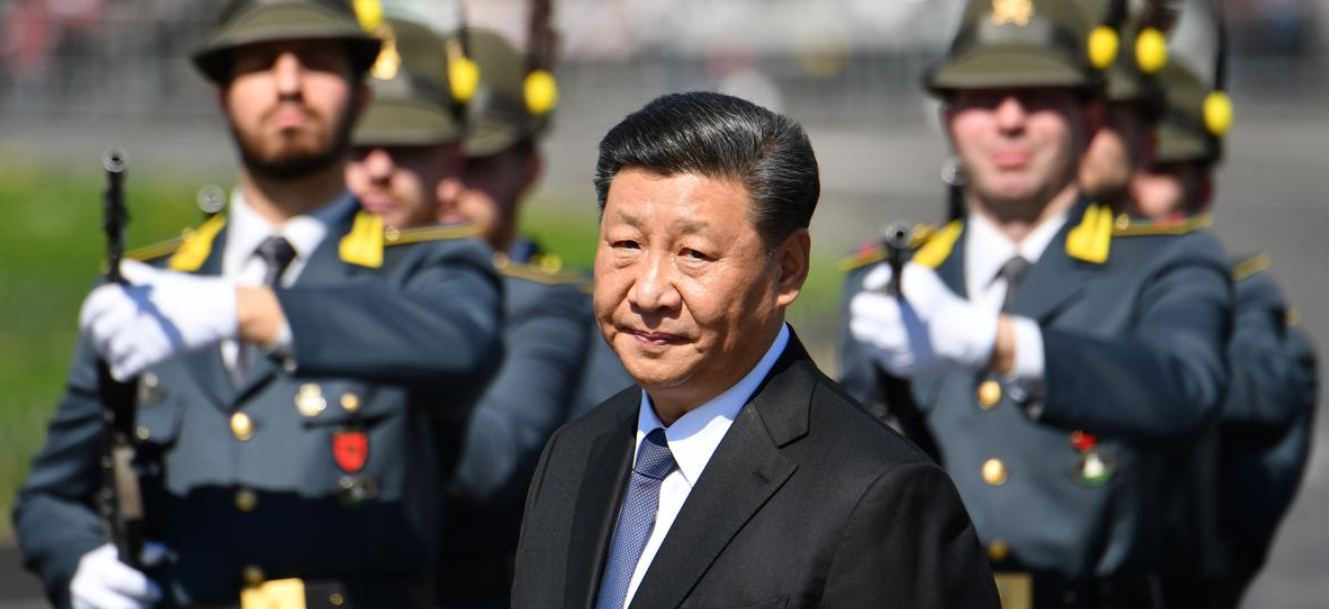Beijing, the Mediator (GS Paper 2, IR)

Introduction
- China is increasingly positioning itself as a global mediator, leveraging its growing influence to reshape international dynamics and challenge the US-led rules-based order.
- This shift is part of a broader strategy by China to assert dominance over the Global South and alter the existing geopolitical landscape.
The Chinese Miracle of Bridging the Gulf
- In March 2023, China achieved a significant diplomatic breakthrough by brokering an agreement between Iran and Saudi Arabia.
- Hosted in Beijing by Chinese Foreign Minister Wang Yi, the meeting led to a joint statement from Ali Shamkhani of Iran and Musaad bin Mohammed Al-Aliban of Saudi Arabia, committing to re-establish diplomatic relations.
- This deal was perceived as a major success for Chinese foreign policy, positioning China as a key player in the Middle East and challenging American influence in the region.
Beijing’s Credentials as a Benign Mediator
China’s role as a mediator has been underscored by its efforts to address multiple global conflicts. Despite skepticism from Western observers, who viewed China's claims of being a “kind and trustworthy mediator” as rhetoric, China’s recent achievements highlight its growing diplomatic prowess:
- Palestinian Unity Efforts: A year after the Iran-Saudi deal, China hosted leaders from 14 Palestinian factions, including Hamas and Fatah, in Beijing. The resulting "Beijing Declaration" aimed to unify these factions and strengthen Palestinian national unity. The declaration proposed:
- Ceasefire and Humanitarian Aid: Immediate cessation of hostilities in Gaza and provision of humanitarian support.
- Palestinian Governance: Reinforcing the principle of Palestinians governing their own territory.
- Two-State Solution: Supporting the creation of an independent Palestinian state alongside Israel.
Challenges to the Declaration
While ambitious, the Beijing Declaration faces significant hurdles:
- Internal Palestinian Divisions: Integrating diverse factions under the Palestine Liberation Organisation (PLO) remains challenging, despite claims of the PLO being the sole legitimate representative.
- International Resistance: The US and Israel reject Hamas as a legitimate entity, complicating any proposals involving it.
- Statehood Realities: Creating a truly independent Palestinian state is fraught with difficulties, including Israeli opposition and geopolitical tensions.
China’s Engagement with Ukraine
- Following the Beijing Declaration, China engaged with Ukraine to discuss resolving the ongoing conflict with Russia.
- Wang Yi met with Ukrainian Foreign Minister Dmytro Kuleba, emphasizing China's commitment to negotiations and conflict resolution.
- Kuleba responded positively, indicating Ukraine’s willingness to engage in talks facilitated by China.
Cold War 2.0: China’s Strategic Shift
China’s proactive diplomatic moves signal a strategic shift under Xi Jinping. Since assuming full control of the Communist Party in 2018, Xi has pursued a more assertive global stance, moving beyond Deng Xiaoping's strategy of "hide your strength, bide your time." Key elements of this shift include:
- Global Security Initiative (GSI): Launched in April 2022, GSI challenges the US-led “rules-based order” by advocating for state sovereignty, non-interference, and opposition to unilateral sanctions. It aims to position China as a leader in global governance and propose a new world order with Chinese characteristics.
- Global Development Initiative (GDI): Announced at the UN General Assembly in 2021, GDI seeks to rejuvenate efforts to meet the Sustainable Development Goals (SDGs) by infusing the global development dialogue with Chinese principles.
- Global Civilisation Initiative (GCI): Proposed in March 2023, GCI promotes cultural diversity and international exchanges while rejecting Western-centric views of global civilization. It advocates for a pluralistic approach to global cultural and civilizational engagement.
Conclusion
- China’s increasing role as a global mediator and its ambitious international initiatives reflect a broader strategic shift.
- As China asserts its influence and challenges existing power structures, the world must prepare for the implications of its growing dominance over the Global South and the potential reconfiguration of the global order.
- Cold War 2.0 is indeed heating up as China positions itself as a central player in the new geopolitical landscape.


